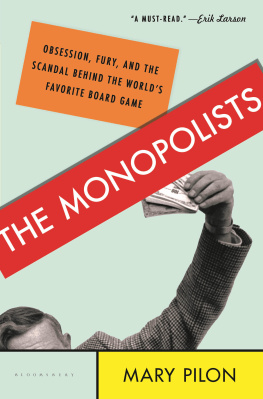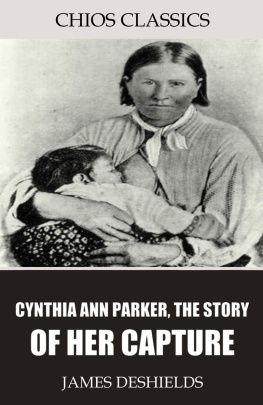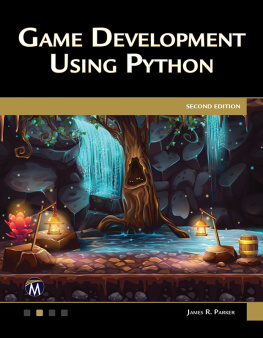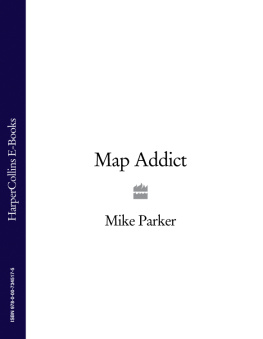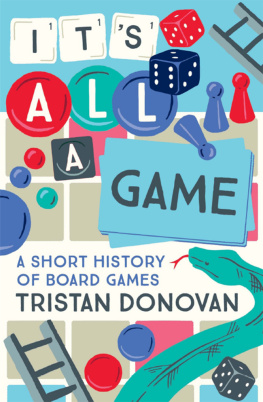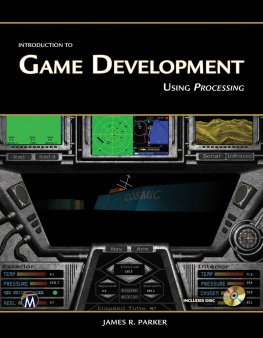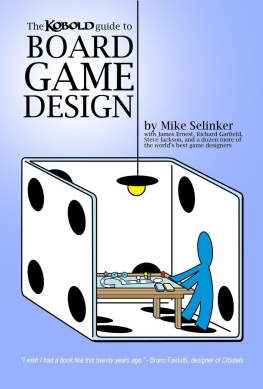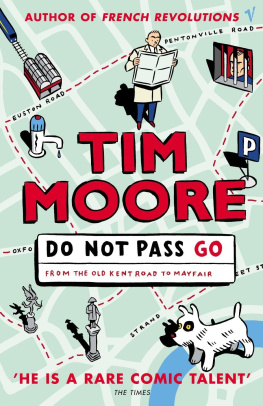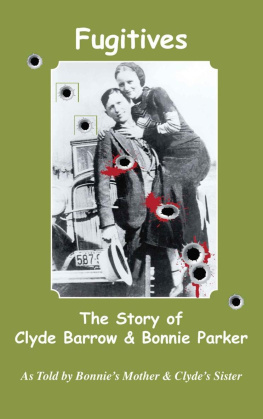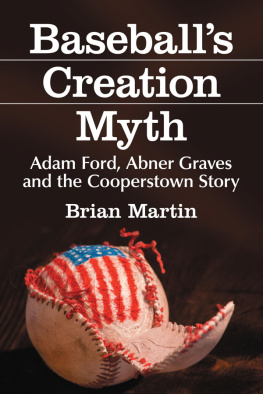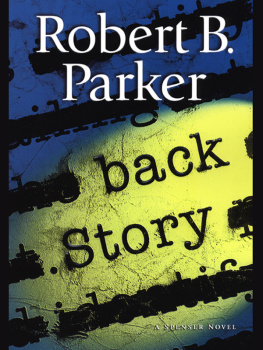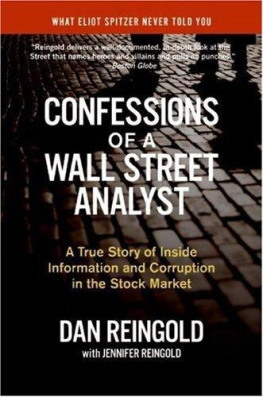
For Mom and Uncle Larry
The last player left in the game wins.
1935 M ONOPOLY BOARD GAME RULES
CONTENTS
The Professor and the Trust-Busting Game
A Woman Invents
A Utopia Called Arden
George Parker and the Cardboard Empire
New Life for the Landlords Game
Frat Boys and Quakers Change the Game
Charles Darrows Secret
Parker Brothers, from Depression to Boom
Conflict, Intrigue, Revenge
The Case for Anti-Monopoly
Anspach Connects the Dots
Barton Under Oath
A Matter of Principle
The Burial
Redemption
What Became of Them
The courtiers were shown the board, and after a day and a night in deep thought one of them, Buzurjmihr, solved the mystery and was richly rewarded by his delighted sovereign.
K ARNAMAK-I- A RTAKH SHATR-I- P APAKAN, ABOUT 600 A.D.
One day duringthe depths of the Great Depression, an unemployed salesman named Charles Darrow retreated to his basement. He had no money, no prospects, and a wife and children he was desperately trying to support.
Sitting in his dank basement, Darrow suddenly had an inspiration. Pulling out a piece of oilcloth, he began to draw a board game featuring Atlantic City streets and properties. If he couldnt support his family, he could at least entertain them, with a game that would bring back memories of the better days theyd spent vacationing together on the New Jersey shore.
Working quickly, Darrow finished his game and introduced it to his family. Immediately, they became addicted. They loved buying the pieces of the game board and miniature houses with the paper money hed created and moving their tokens around the board to the sound of the roll of the dice.
Darrow decided to try to market his game. He sent his invention to game giants Parker Brothers and Milton Bradley. Both turned it down. But Darrow persevered, and largely through word of mouth the game began to sell. Parker Brothers, now on the verge of economic collapse, reconsidered and bought Darrows monopoly game. It became a thunderous success and rescued both Parker Brothers and Darrow from destruction.
In the mid-1930s and for decades after, Parker Brothers tucked this compelling tale of the games creation into every Monopoly box it sold.
There was only one problem: The story wasnt exactly true.
Ralph Anspach, professor of economics at San Francisco State University, slammed his car door shut. Finally he was home. It had been another excruciating commute from his classroom in San Francisco to where he lived with his family in Berkeley.
He stomped up the steps of his ramshackle yet oddly majestic Victorian house, mumbling under his breath. The rush hour traffic between San Francisco and Berkeley had always been bad, but now he and the other commuters had to contend with mile-long stretches of cars backed up at exits, in search of gas. It was 1973, and a national oil crisis had begun. The Organization of the Petroleum Exporting Countries (OPEC), led by its Arab members, had jacked up the prices of world oil, putting an end to decades of cheap energy. U.S. government price controls had gone into effect, along with rationing systems. On certain days, gas sales were limited to those with license plates ending in odd numbers; on other days, to those with plates ending in even numbers. Ralph kicked at the floorboard. This is what happens when a monopoly has control, he thought.
A disheveled-looking man in his mid-forties, Ralph had piercing blue eyes and stood about five feet nine inches tall. The son of a Jewish banker and a homemaker, he had been born in 1926 in the free German ministate of Danzig, under Polish administrative governance but also under the shadow of Adolf Hitlers rising Nazi state. Growing up, Ralph had become accustomed to anti-Semitic slogans, taunts from children, and dodging into alleyways to avoid potential conflict. Fortunately, though, he and his family had left Danzig in 1938 to settle in New York City, where Ralph attended school, worked odd jobs to help his family make ends meet, and became a U.S. citizen. After graduating from high school, he served in the U.S. Army and was stationed in the Philippines during World War II.
In 1948, Ralph took part in the Arab-Israeli War. He traveled to the region under the guise of doing farmwork, but in actuality took up arms for the Israelisignoring the fact that the United States, under a neutrality act, had forbidden its citizens from participating. Ralph was not one to sit passively by while others acted.
Pulling open his front door, Ralph called out a hello to his wife, Ruth, and his two sonsMark, age twelve, and William, age seven. He was looking forward to eating a simple dinner with his family and perhaps playing a board game with them afterward.
Ralph had met Ruth, the daughter of famed economist Leo Rogin, when they were both students at Berkeley. She had been studying for her undergraduate degree, and he had been a Ph.D. hopeful. Ruth was petite, smart, and as interested in social and political causes as he was. Together, the two had marched against the Vietnam War and with Women for Peace. Ruth was one of the founders of the organizations Berkeley chapter and had overseen countless meetings and phone trees. Years later, in 1988, Ralph would learn that he was among those whose political involvement at that time had come to the attention of the Federal Bureau of Investigation, which had begun examining, among other things, his loyalty and monitoring his whereabouts.
That evening after dinner, Ralphs sons suggested playing Monopoly and eagerly pulled the familiar long white box out of the closet. As smart and feisty as their parents, the boys were more politically aware than most children their age and were precocious Monopoly players. They loved everything about the gameits iconic Atlantic City properties, its tiny homes, its play money, its idiosyncratic tokens. The object of the game was to bankrupt all opponents and be the last person standing by acquiring real estate and charging rent. As players made their way around the board, they acquired or negotiated trades for properties. Then, they tried to get all of a like color grouping and build houses and hotels on their monopolies to jack up the rent, thus clearing out the coffers of their rivals.
As the boys set up the board and counted out the money, Ralph recalled playing his first game of Monopoly in Czechoslovakia in 1937. His big brother Gerry had summoned him to the game, which at that time he had understood to have only been around for a few years. Monopoly had given Ralph one of his first glimpses of Americathen still a far-off land that lived only in atlases and on globes, light-years removed from grim Europe.
An evening filled with much laughter, shouting, and cutthroat deal-making ensued. Happily, Ralph, Ruth, Mark, and William maneuvered their metal trinkets around the board, past run-down Baltic Avenue, busy St. Charles Place, and elite Boardwalk. They passed Go, they collected two hundred dollars, they went straight to Jail, they drew Chance and Community Chest cards. William, the younger of the two Anspach boys, won the game.
Little did Ralph know that this particular evening, as ordinary as it was, was about to change his life.
The next morning, as Ruth prepared breakfast, Ralph grumbled over the headlines in the San Francisco Chroniclemore bad news about the oil crisis. With his boys beside him, absorbing his every word, he began a diatribe against the OPEC oil cartel and the evils of monopolies. Price wars were good, he ranted, because they brought down prices, but when one company or organization gained a monopoly over a product, consumers suffered.
Next page
